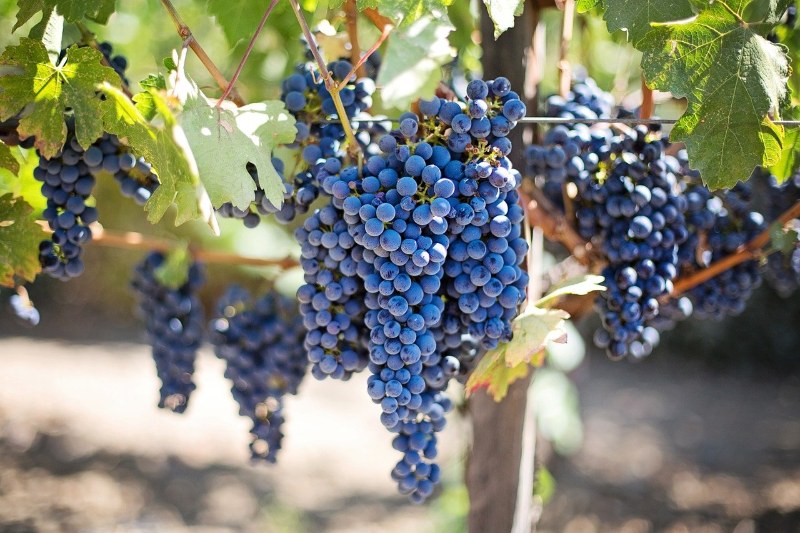
Have you been drinking too much during the Covid 19 pandemic or perhaps not enough? According to Edmonds’ Dr. Richard Baxter’s new book, Wine and Health: Making Sense of the New Science and What it Means for Wine Lovers (Board and Bench Publishing, boardandbench.com), the answer may be not enough. Baxter makes a compelling case for the regular, moderate consumption of wine as part of a healthy lifestyle.
“Wine appreciation is an icon of ‘the good life,’ but can it really be true that something as simple as a glass of wine with dinner measurably improves quality of life? There’s good evidence that it does.”

The book does a masterful job of presenting the evidence on the health benefits of wine. It’s a witty, erudite examination of many sides of the argument, pro-alcohol and anti-alcohol, with a degree of nuance missing from many other studies. Baxter, a Edmonds-based plastic surgeon, makes the case that as an “outsider” from the field of laboratory or clinical research he can parse the evidence with more independence than others who rely on grants for support, which can influence the conclusions of their studies. He approaches wine consumption from a health and anti-aging perspective, assessing wine and health from disciplines such as cardiology, neurology, oncology, epidemiology, biochemistry, and nutritional science. In so doing, he seeks to find the larger patterns on the vast fields of scientific research:
“At times it seems like a minefield of competing commercial interests, biases, moral pronouncements, and a multitude of misconceptions. The art of healthy living can be defined by science only to a limited extent. Identifying simple principles out of the complexities of biology and human behaviors requires pattern recognition more than experimentation.”
The book is a sustained exercise in pattern recognition. It goes beyond newspaper or magazine stories in pulling together results from many different fields, with surprisingly consistent findings about the health benefits of wine. As expected, The French Paradox plays an important part in his argument. Made famous by a 1991 60 Minutes television program, the paradox draws on research conducted by Serge Renaud of the University of Bordeaux, who discovered that although the French smoke and eat more dietary fat than Americans, they suffer half the mortality rate from coronary disease. Renaud argued that the French’s regular red wine consumption accounted for the difference.
Baxter points out that this paradox should more appropriately be called the Mediterranean Paradox, for the region where drinking red wine serves as an integral part of the meal. “The Mediterranean diet, known to be associated with health and longevity, includes not only regular consumption of red wine with meals but also fresh fruits, vegetables, olive oil, and fish, with generally lower levels of red meat.”
In this case, wine drinking takes place within the context of a meal, encouraging moderate rather than excessive consumption. The book doesn’t ignore the dangers of excessive alcohol consumption but proposes that this is an issue of dosage and the context within which the wine is consumed.
The thoroughness of Baxter’s discussion of clinical studies can tax a general reader’s attention. Some of the chapters could have been organized in a sharper, more vigorous manner, but overall the book makes an important contribution to the literature in this field, making it easy to say with conviction, “Sante!”
Discover more from Post Alley
Subscribe to get the latest posts sent to your email.

Does the author break down which varieties of wine offer the most health benefits?
First heard the argument for serving red wine with the evening meal years ago while interviewing the late great Angelo Pellegrini (“The Unprejudiced Palate”) who introduced Seattle to gormet dining. A popular UW professor of English literature, Pellegrini also wrote “Americans by Choice” and Immigrant’s Return.” After his death, I went to the Estate sale and bought his pancake turner which Reminds me of a wise and witty American.